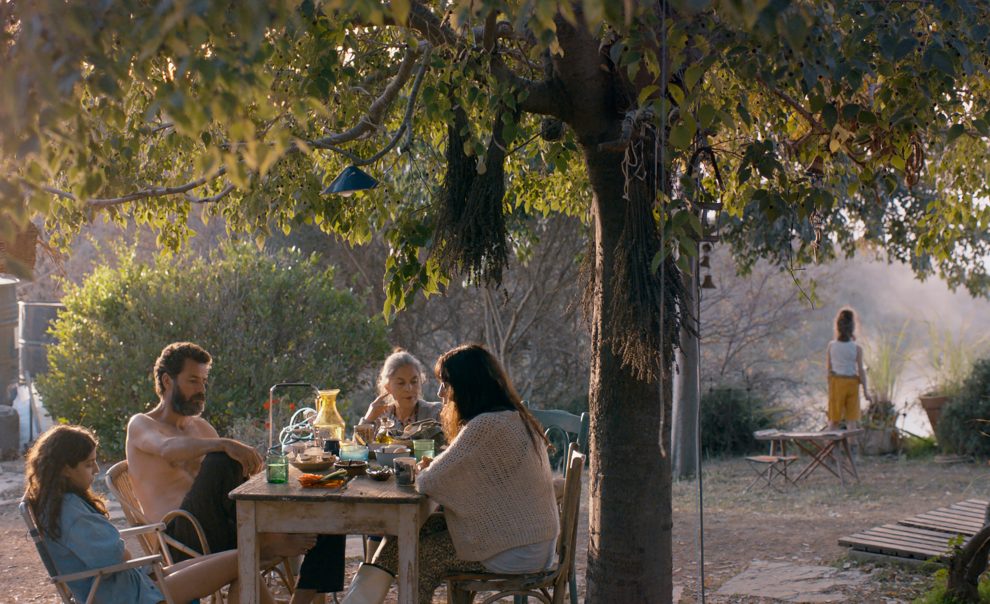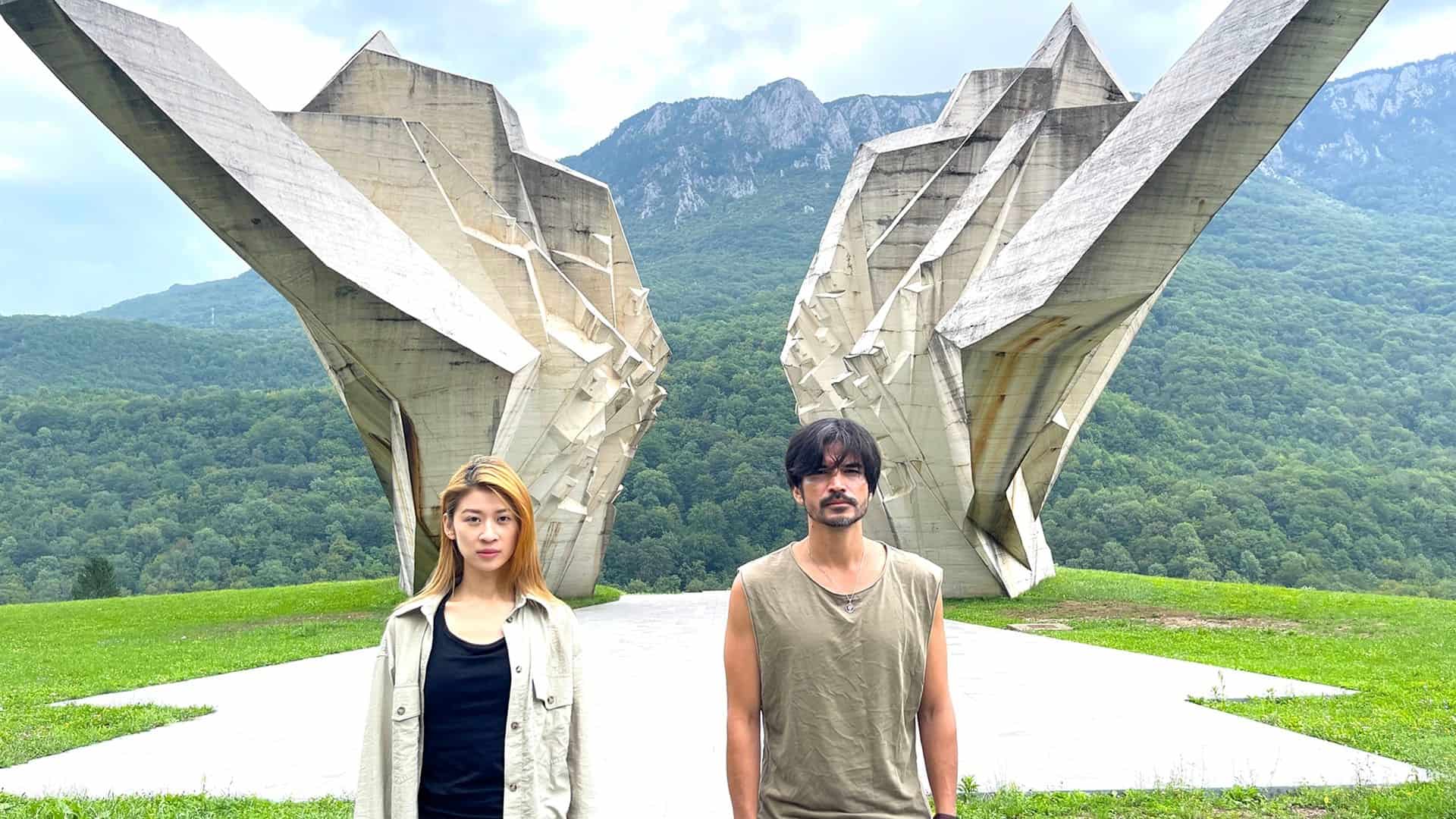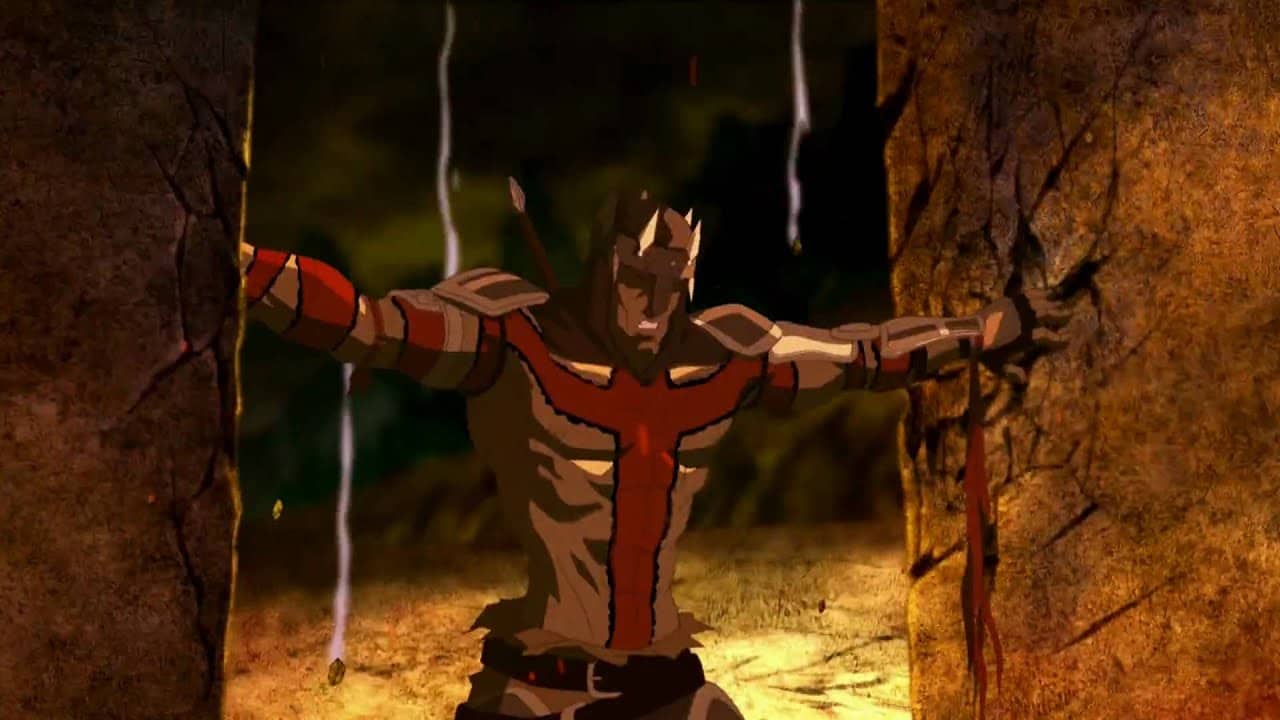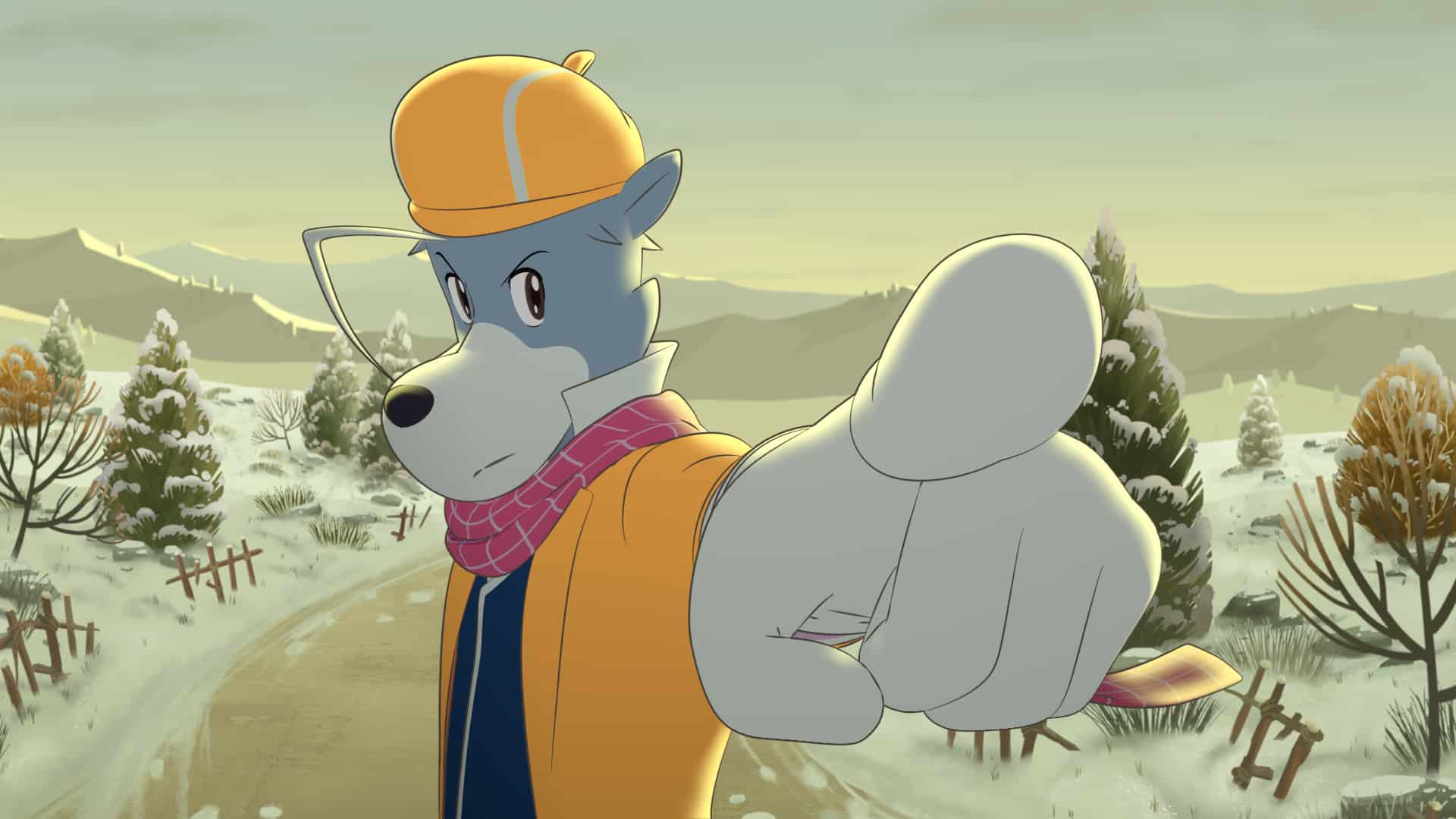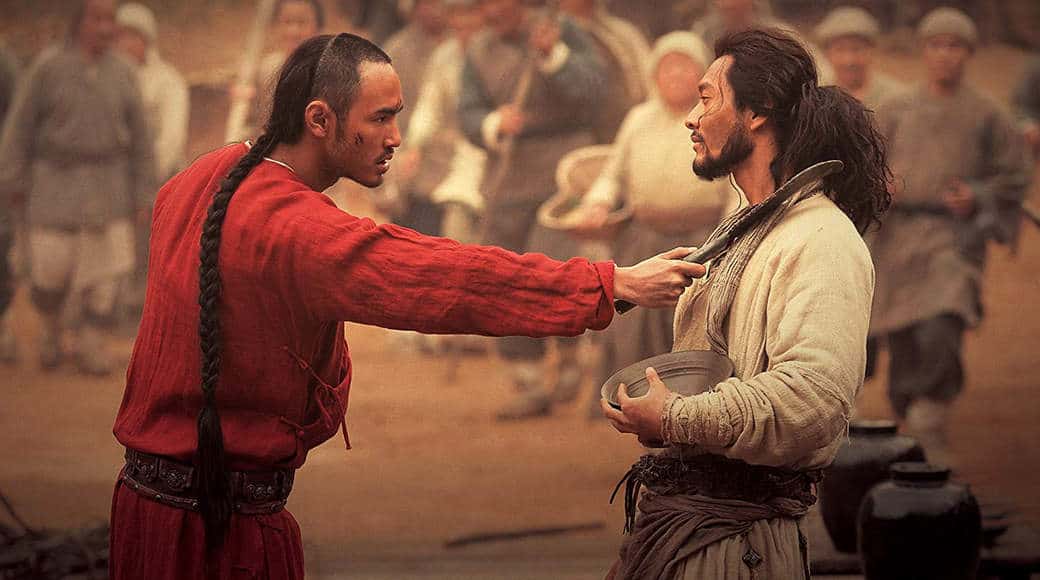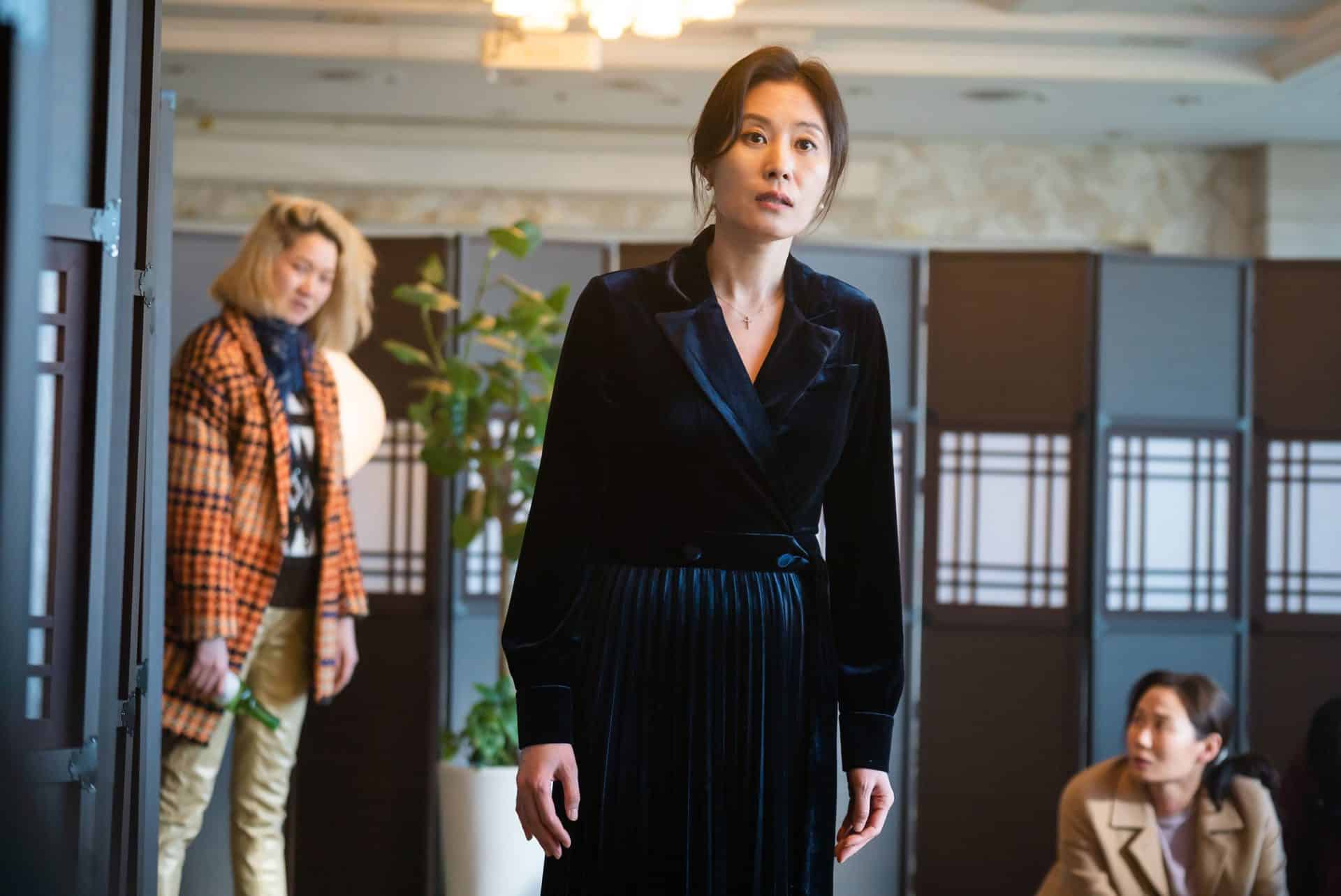Mounia Akl's long-awaited “Costa Brava, Lebanon” (2021) marks an impressive first feature. Eight different countries (Lebanon, France, Qatar, Spain, Sweden, Denmark, Norway, and United States) backed “Costa Brava”'s production, in addition to Akl's own three completed residences at Cannes, Sundance, and Torino. The film's international reception has also been warm. With a world premiere at Venice, a North American premiere at Toronto, and now a screening at SFFILM, “Costa Brava” ushers in Akl as an up-and-coming icon of Lebanese cinema. Crowds at home agree too: this film was recently selected as the Lebanese entry for the Best International Feature Film at this year's Academy Awards.
The accolades are not unwarranted. “Costa Brava” masters the universal and the local at once. In this contemporary fiction, three generations of the Badri family reside in an idyllic mountain home. Though the location is picture-perfect, familial arguments bubble up beneath the surface. Grandmother Zeina (Liliane Chacar Khoury), ex-singer Soraya (Nadine Labaki), and teenager Tala (Nadia Charbel) yearn to return to Beirut. On the other hand, father and husband Walid (Saleh Bakri) and his youngest, Rim (Ceana and Geana Restom), refuse to leave their eco-paradise. The whole family's resolve wavers, however, when the government seizes their property and proceeds to carve it into a landfill. As the isolated Badris come in contact again with the outside world, they realize that their fall from Eden comes at a steep cost.
The stark portrayal of environmental destruction seems like a surprising move after so many recent movies celebrating the beauty of the Middle East. Some examples of these are Elias Suleiman's “It Must Be Heaven” (2019), which meditates upon the olive-tree-tipped Palestinian hillsides and Panah Panahi's “Hit The Road” (2021), which records the magnificent fog-shrouded mountains of Iran. Akl's jab at political corruption is more pointed, however. Instead of simply throwing her hands up in the air, her argument about irresponsible policy stems out of a deep-seated love for the land. Corruption is not just a political problem, but – like the territory of which they command – it is everyone's problem.
This becomes evident with the near-impeccable post-production editing. High-definition CGI and externally filmed landfill footage seamlessly make it to the Badris' doorstep, naturally commanding their outsized presence. Akl makes familiar gestures to global viewers, as well. The Badris don airtight gas masks to protect their lungs from airborne toxins. Blood-red water mirrors poisonous faucets in Michigan. Ashy skies recall Californians' ever-worsening wildfire season. The geographically isolated issue depicted in the film evokes worldwide phenomena, triggering sensations of deja-vu and desolation. Through this incredibly small-scale tale, the effects of climate change and misgovernance are universally legible.
This environmental decay comes at odds with its women protagonists, almost all of whom are sympathetic to the more free-spirited, idealistic hopes of counterculture. Instead of embracing Mother Nature as a ‘70s US hippie would, however, they long for the urban. Nadine Labaki particularly shines here, encapsulating the complex desires to be an individual (singer, mother, daughter-in-law) yet to fight for the collective (family and country) at once. Her charisma carries through when Saleh Bakri temporarily walks off-stage. In this women-only utopia, Labaki blossoms into her character in full. She becomes a comrade rather than a matriarch; she creates the persona of an approachable neighbor rather than the celebrity divine. As Soraya, Labaki delivers a glimpse of the many faces and frustrations of motherhood.

Newcomer Saleh Bakri also impresses when he reclaims the stage as an over-protective Walid. However, his performance only goes downhill from there. As Walid wavers, Bakri too seems confused; from here, the plot only drags on. Bakri's performance does little beyond a portrayal of an opaque and emotionally constipated father. Compared to Labaki's charismatic brilliance, Bakri's erratic movements fade in comparison. His character progression reflects that of the landfill: the deeper into the garbage we sink, the more difficult it is for us (and Walid) to find a solution.
Beyond these two leads, there are so many more moving parts in “Costa Brava, Lebanon.” Akl tries to flesh out each character with unique storylines and near-equal screen-time, thus allowing each actor/actress time to prove themselves. She subtly weaves in current events too, negotiating the Lebanese garbage crisis of 2015 and the 2019 Beirut explosions into her tale of environmental decay. In a somewhat feel-good fashion, however, Akl finds a way to tie all her loose ends together by the end of the film.
All in all then, “Costa Brava, Lebanon” is a clear testament to her ability to tell complex stories. While this first feature earmarks the end of a clearly ambitious endeavor, it underscores the beginning of a bright future for Mounia Akl. Through a single set, a compelling cast, and a canny knack for legibility, Akl devised a story that will appeal to all audiences. I, for one, am intrigued to see what Akl directs next.
“Costa Brava, Lebanon” will be released in US theaters come summer 2022.


